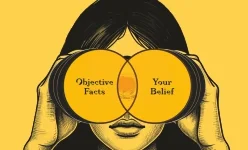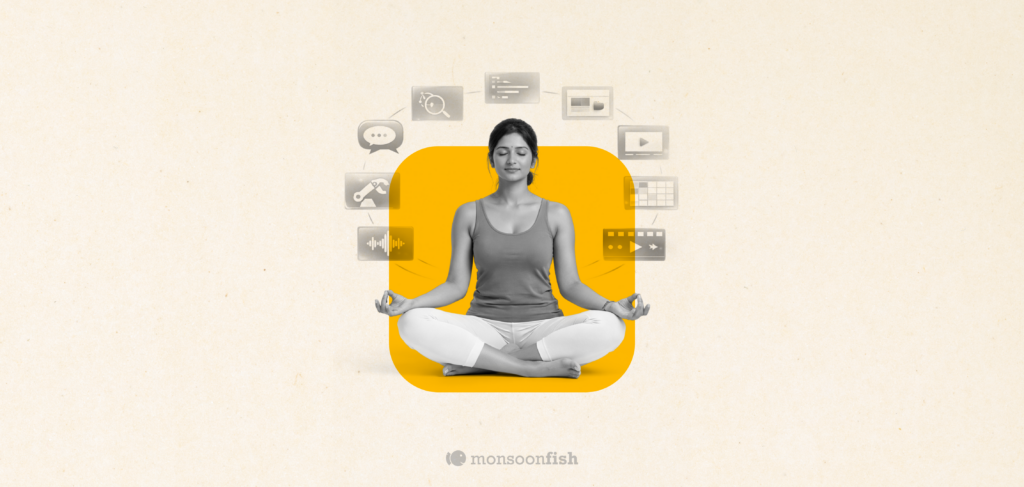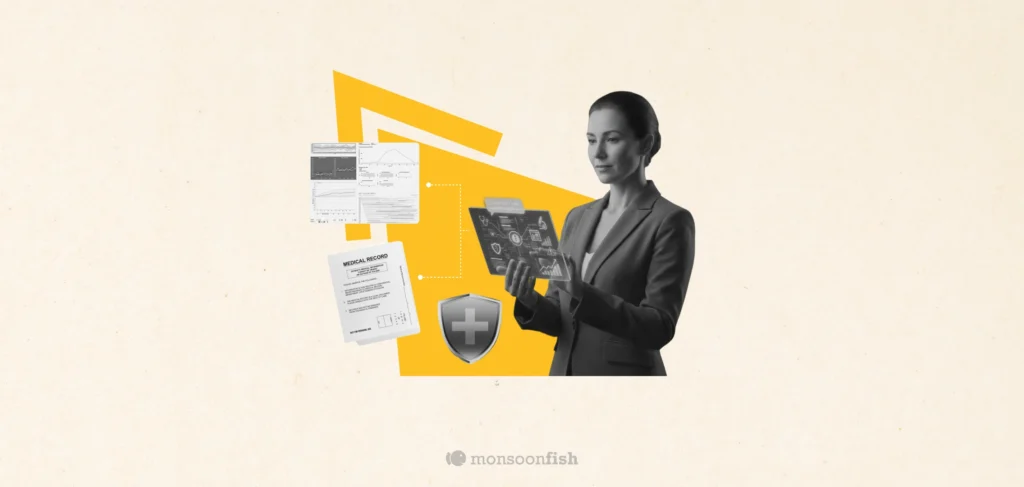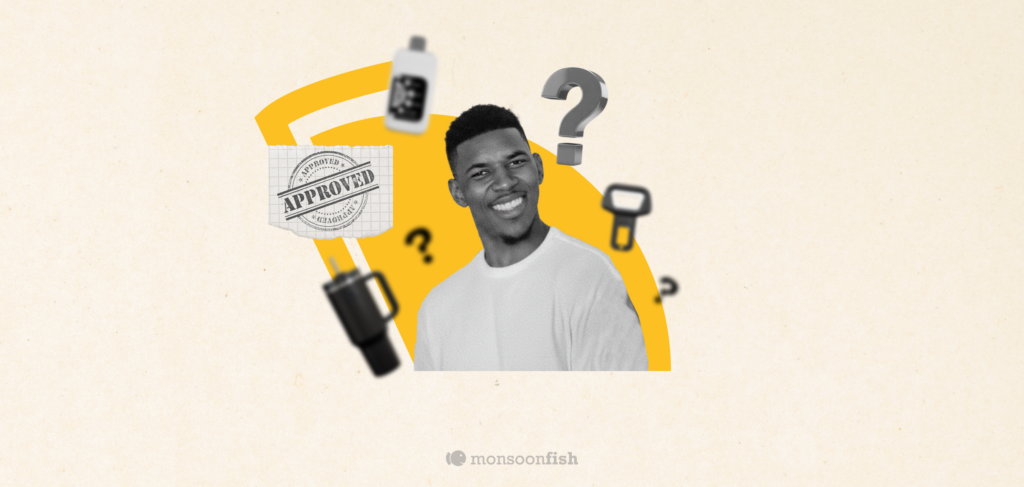Neha checked her mobile phone first thing in the morning, as she always did. A new day, a new horoscope.
“Today, you may face a small challenge, but your resilience will help you overcome it. Someone from your past might reach out, and an exciting opportunity is on the horizon.”
She smiled—this sounded just right. Her job had been stressful lately, so the idea of a small challenge seemed natural. Her college friend had messaged her last week, which felt close enough to someone from the past reaching out. And as for the exciting opportunity—well, she had applied for a new role, so maybe this was a sign!
Feeling reassured, Neha went about her day, convinced the horoscope had predicted it all. Later, she met her colleague Rohan over coffee and casually brought up her horoscope.
“That’s funny,” Rohan laughed, showing her his. It was almost the same. Slightly reworded, but the predictions were just as broad and applicable.
Neha frowned. She had always believed her horoscope knew her personally. But now she realized it was just a collection of vague statements that could apply to almost anyone, cleverly worded to feel specific.
This is the Barnum Effect—when generic statements feel uniquely personal. Horoscopes, fortune tellers, and personality quizzes use this trick to make people believe they are receiving custom insights, when in reality, they are just filling in the blanks with their own experiences.











































